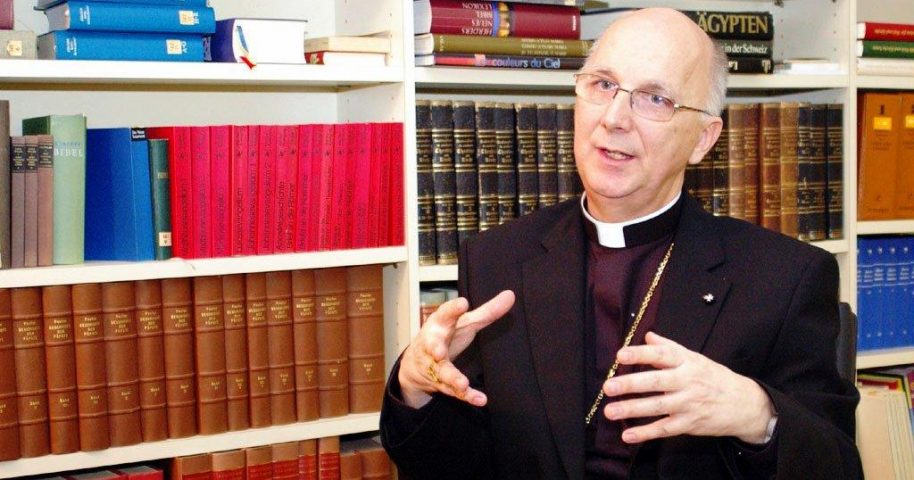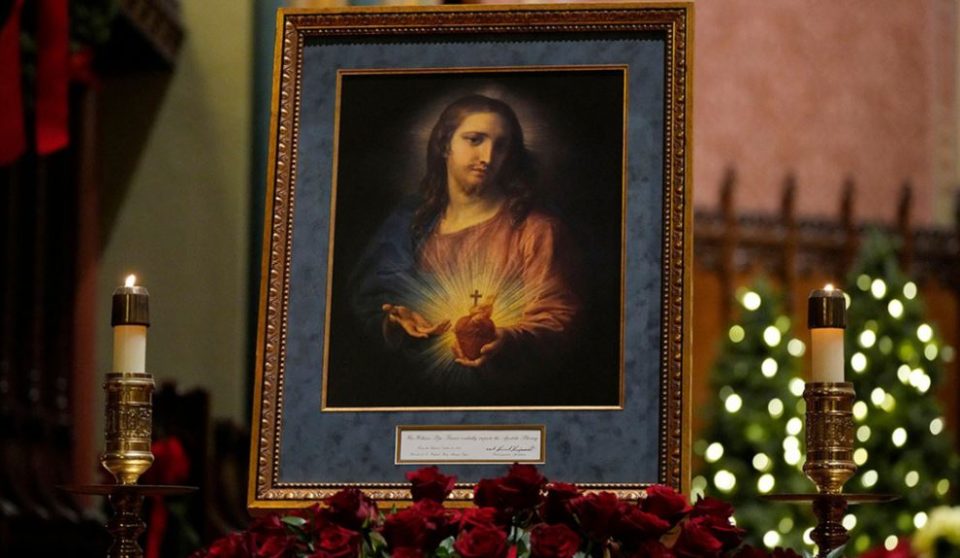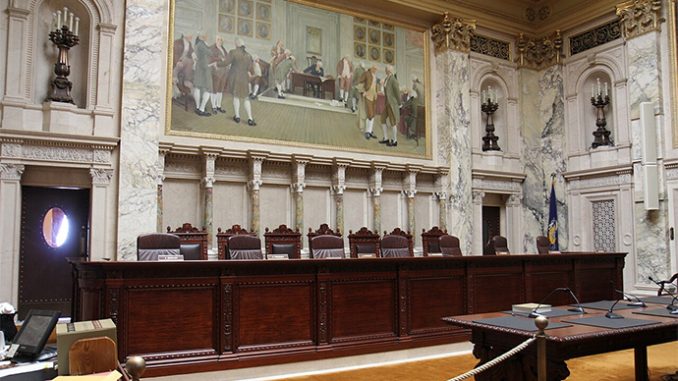Biden’s Border Crisis Rebreaks His Own Broken Record, by the Republican National Committee
October 24, 2023As the West Abandons Catholicism, One Continent Thrives, by Nicholas Wylie
October 24, 2023
By Bishop Marian Eleganti, LifeSite News, October 21, 2023
It is becoming increasingly clear (cf. Cardinal Fernández’s latest statements on Facebook and his response to Cardinal Duka’s dubia) what the newly propagated concept of “synodality” is really about: the dissolution of independent, hierarchical, ecclesiastical authority in terms of doctrine and governance. The ecclesiastical hierarchy is to be leveled in its exercise into democratic – that is, synodal (cf. Anglicanism) – processes.
Authority then exists only in the form of democratic, majority decision-making, which, as far as a doctrinal position is concerned, is to be rubber-stamped by the ecclesiastical authority according to a majority vote (forum externum) or in the form of a sacramental absolution, which may not be denied by the confessors according to the decision of conscience of the penitent (forum internum) but not of the priest as the authoritative judge in concrete, moral questions.
The final decision is then no longer the authoritative and autonomous decision of the bishop or priest (notwithstanding possible and advised consultation) but the majority vote (participation) on the one hand and the decision of conscience of the penitent seeking absolution on the other. The binding and redeeming power of the ecclesiastical authority would then essentially consist only in the execution of such decisions – not made by itself, at most tolerated by it – which are made by the majority or the individual (but not its own [the Church’s]) conscience. All this is justified with the postulate to avoid abuse of power (clericalism), which of course, is seen only on the side of the ecclesiastical authority! This is also a blind spot.







